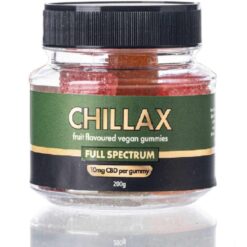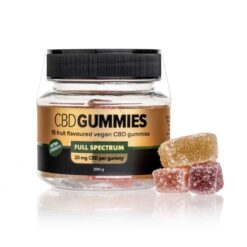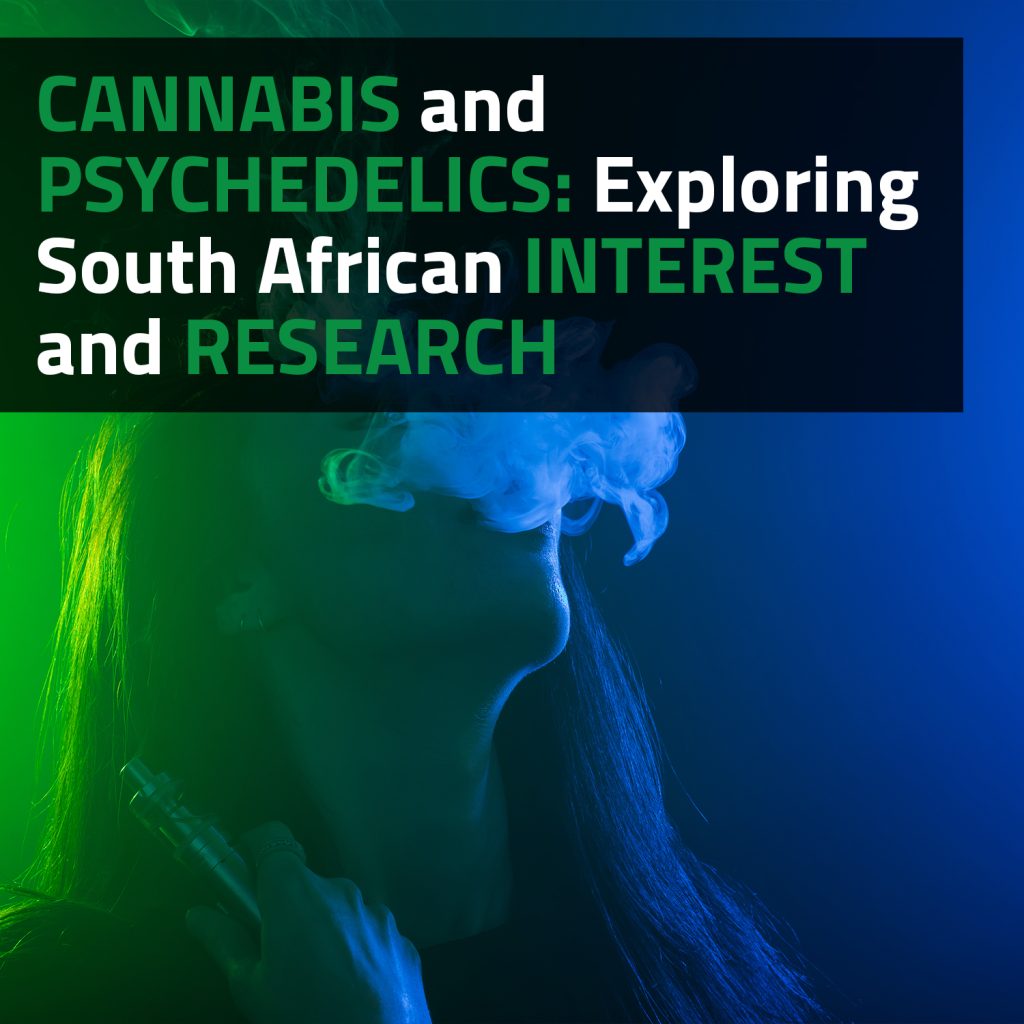In recent years, the landscape of substance exploration has undergone a profound shift, with renewed interest and growing research attention directed towards the intertwined realms of cannabis and psychedelics. Once relegated to the fringes of societal discourse, these substances are now at the forefront of discussions spanning medical, cultural, and regulatory spheres. As scientific inquiry and societal attitudes evolve, the potential therapeutic applications of cannabis and psychedelics are emerging from the shadows, captivating the interest of researchers, healthcare professionals, and the general public alike.
Traditional Use And Cultural Significance
The story of cannabis and psychedelics is deeply interwoven with the fabric of human history, where these substances have played pivotal roles in diverse cultures across the globe. Across millennia, various societies have integrated cannabis and psychedelics into their rituals, spiritual practices, and traditional healing ceremonies.
Revered for its multifaceted utility, cannabis has a rich history of traditional use spanning ancient civilizations. From the spiritual rituals of ancient India, where it was considered a sacred plant, to its medicinal applications in traditional Chinese medicine, cannabis has been a companion to humanity throughout its journey. In some cultures, it found its place in religious ceremonies, facilitating altered states of consciousness and connection to the divine.
Similarly, psychedelics such as psilocybin-containing mushrooms, peyote, and ayahuasca have been integral to the spiritual and shamanic practices of indigenous communities. These substances were often regarded as conduits to alternate realms, tools for healing, and instruments for communing with the spiritual or natural world. The Amazonian tradition of ayahuasca ceremonies, the Native American Church’s use of peyote, and the shamanic practices of various cultures highlight the profound cultural significance these substances have held.
Cannabis And Psychedelics: A Comparative Analysis
The intersection of cannabis and psychedelics prompts a nuanced examination of their divergent yet interconnected effects, cultural contexts, and scientific profiles. This comparative analysis aims to illuminate the distinctions and commonalities between these two categories of substances, shedding light on their mechanisms of action, societal perceptions, and potential therapeutic applications.
Chemical Composition And Effects
Cannabis, primarily known for its cannabinoids such as THC and CBD, elicits a spectrum of effects ranging from euphoria to relaxation. In contrast, psychedelics like psilocybin, LSD, and DMT alter perception, cognition, and consciousness, often inducing profound, introspective experiences.
Medical Applications
Both cannabis and psychedelics are increasingly recognised for their therapeutic potential. Cannabis has found utility in pain management, nausea relief, and neurological disorders. Psychedelics, on the other hand, are being investigated for treating mental health conditions like depression, PTSD, and addiction, with ongoing clinical trials showcasing promising results.
Cultural Perceptions
Cannabis has traversed a complex journey from traditional sacrament to stigmatised substance and, more recently, a legalised medicinal and recreational product in some regions. Psychedelics, often associated with counterculture movements, are experiencing a reevaluation, with growing interest in their potential positive impact on mental health and consciousness.
Legislation And Social Acceptance
The legal status of cannabis varies globally, with an increasing number of jurisdictions moving towards decriminalisation or outright legalisation. Psychedelics, while still largely illegal, are undergoing a renaissance in research, leading to discussions around potential regulatory changes.
Risk Profiles And Safety
While cannabis is generally considered safe with a low risk of overdose, psychedelics carry unique risks, including the potential for challenging or adverse psychological experiences. However, both substances exhibit a relatively low physical toxicity compared to many other drugs.
Integration Into Modern Medicine
Cannabis has made significant strides in becoming a mainstream therapeutic option, with pharmaceutical derivatives receiving regulatory approval. Psychedelics are at an earlier stage but are gaining traction in medical research, with a growing acknowledgment of their potential in mental health care.
Medical Potential: Research And Discoveries
The medical potential of cannabis and psychedelics has become a focal point of scientific inquiry, with researchers uncovering a myriad of therapeutic possibilities. From addressing chronic conditions to providing novel approaches to mental health treatment, ongoing research is reshaping our understanding of these substances and their potential contributions to mainstream medicine.
Cannabis As A Medicinal Agent
Research into the medicinal properties of cannabis has revealed a complex interplay of cannabinoids, terpenes, and other compounds that interact with the endocannabinoid system. Cannabidiol (CBD) has emerged as a key player, demonstrating anti-inflammatory, anti-anxiety, and anticonvulsant properties. Sativex, a cannabis-based medication, has gained approval for treating symptoms of multiple sclerosis, showcasing the therapeutic potential of cannabis-derived compounds.
Pain Management And Anti-Inflammatory Effects
Cannabis has shown promise as an analgesic, particularly in chronic pain conditions. THC and CBD, the primary cannabinoids in cannabis, interact with receptors in the nervous system to modulate pain perception. Additionally, cannabis exhibits anti-inflammatory effects, suggesting potential applications in conditions marked by excessive inflammation, such as arthritis.
Neurological Disorders
The neuroprotective properties of cannabinoids are being explored in the context of neurological disorders. Research suggests that cannabis may have therapeutic potential in conditions like epilepsy, Alzheimer’s disease, and Parkinson’s disease. CBD, in particular, has demonstrated anticonvulsant effects and is being investigated for its neuroprotective properties.
Psychiatric Disorders And Mental Health
Psychedelics have garnered attention for their transformative effects on mental health. Psilocybin, found in magic mushrooms, has shown promise in treating depression and anxiety. MDMA-assisted therapy is being investigated for post-traumatic stress disorder (PTSD), with some studies reporting significant improvements in symptom severity.
Cancer-Related Symptom Management
Cannabis has demonstrated utility in alleviating symptoms associated with cancer and its treatments. Patients undergoing chemotherapy often turn to cannabis for relief from nausea, pain, and loss of appetite. Cannabinoids may complement existing therapies by improving the overall quality of life for cancer patients.
Addiction Treatment
Both cannabis and psychedelics are being explored as potential tools in addiction treatment. Cannabidiol (CBD) has shown promise in mitigating withdrawal symptoms and reducing the likelihood of relapse in substance use disorders. Psychedelics, such as ibogaine and psilocybin, are being investigated for their potential to address addiction by inducing profound shifts in mindset and behaviour.
Clinical Trials And Regulatory Developments
The landscape of cannabis and psychedelic research is evolving rapidly, with an increasing number of clinical trials exploring their safety and efficacy. Regulatory attitudes are also shifting, with some jurisdictions easing restrictions to facilitate research and, in the case of cannabis, legalising medical use.
Emerging Therapeutic Applications
In recent years, a paradigm shift has occurred in the perception of both cannabis and psychedelics, with an increasing focus on their potential therapeutic applications. As researchers delve deeper into the complex pharmacology of these substances, a growing body of evidence suggests that they may hold the key to novel and effective treatments across a spectrum of medical conditions.
Cannabis In Medicine
Cannabis has transitioned from being primarily associated with recreational use to gaining recognition for its medicinal properties. Cannabidiol (CBD), one of the non-psychoactive compounds in cannabis, has shown promise in the treatment of epilepsy, anxiety, and chronic pain. Tetrahydrocannabinol (THC), the psychoactive component, is being explored for its potential in managing symptoms associated with conditions like multiple sclerosis and cancer, including pain and nausea.
Psychedelics In Mental Health:
Psychedelics, such as psilocybin, MDMA, and LSD, are undergoing a renaissance in mental health research. Studies have demonstrated their efficacy in treating conditions like depression, post-traumatic stress disorder (PTSD), and addiction. Psychedelic-assisted psychotherapy is emerging as a novel approach, with ongoing clinical trials showcasing promising results and garnering attention for its potential to catalyse transformative and enduring psychological changes.
Neurological Disorders
Both cannabis and psychedelics show promise in addressing neurological disorders. Cannabis-based medications are being explored for their potential neuroprotective effects in conditions like Parkinson’s and Alzheimer’s disease. Psychedelics, with their impact on neuroplasticity and neural connectivity, are being investigated for potential applications in neurodegenerative disorders and cognitive enhancement.
Pain Management
Chronic pain, a pervasive medical challenge, is an area where both cannabis and psychedelics are being investigated. Cannabis, particularly CBD, has shown analgesic properties, while psychedelics may influence pain perception through their effects on brain activity and perception.
End-Of-Life Care
Psychedelics, particularly psilocybin, have demonstrated potential benefits in improving the quality of life for individuals facing terminal illnesses. Studies suggest that psychedelic-assisted therapy can help alleviate anxiety, depression, and existential distress in those navigating the challenging terrain of end-of-life care.
Addiction Treatment
Both cannabis and psychedelics are being explored for their potential in addiction treatment. Cannabis, with its diverse cannabinoids, may play a role in mitigating withdrawal symptoms, while psychedelics are being investigated for their ability to promote profound shifts in mindset and behaviour, potentially aiding in the treatment of substance use disorders.
As we envision a future where cannabis and psychedelics play integral roles in medicine and wellness, the path forward requires collaboration between researchers, policymakers, healthcare professionals, and the communities they serve. Open dialogue, evidence-based practices, and a commitment to dismantling stigmas will be essential in fostering a comprehensive understanding of these substances.










